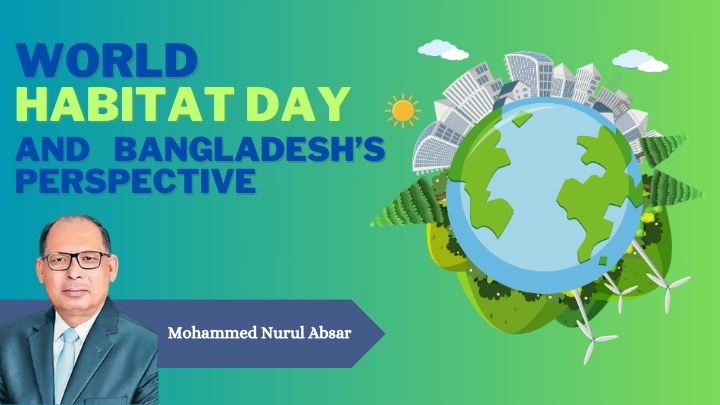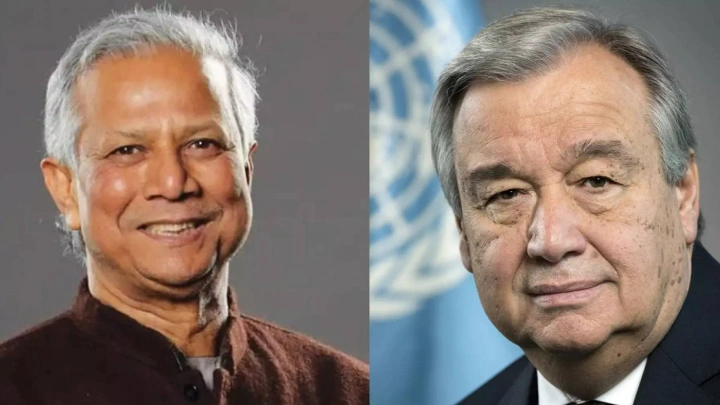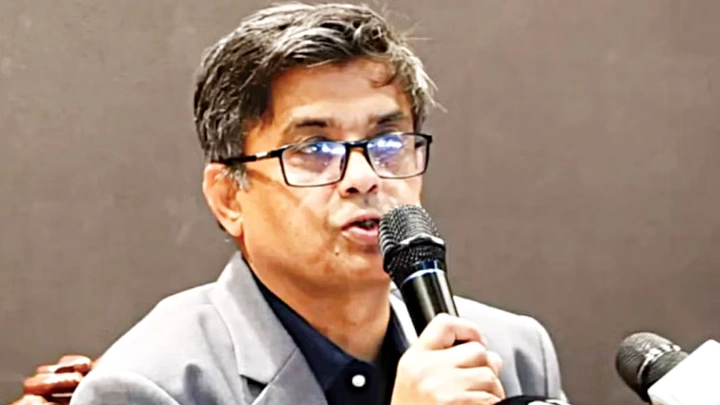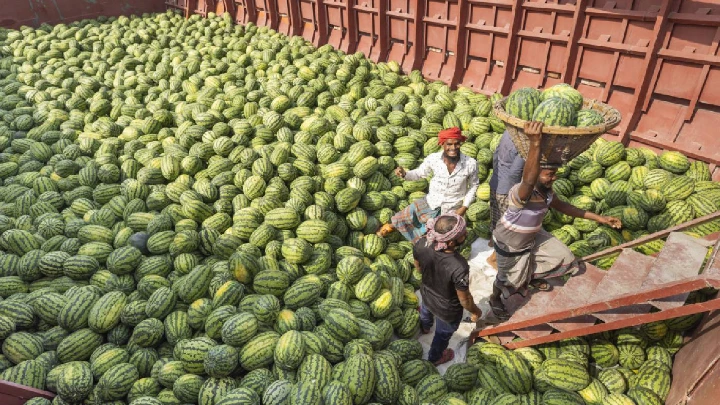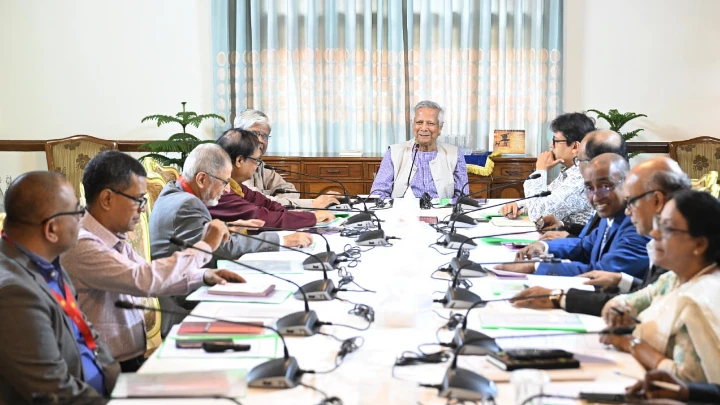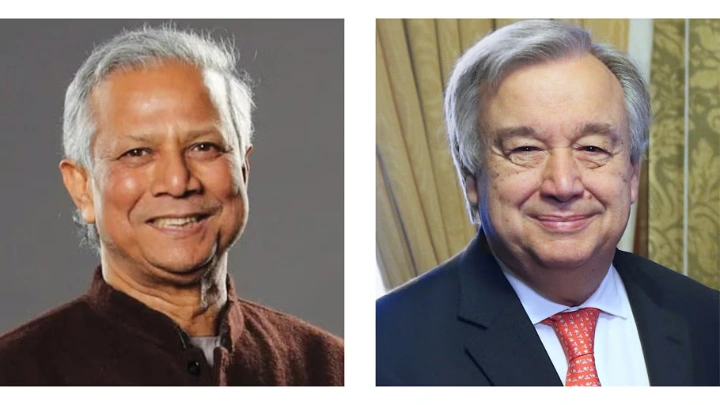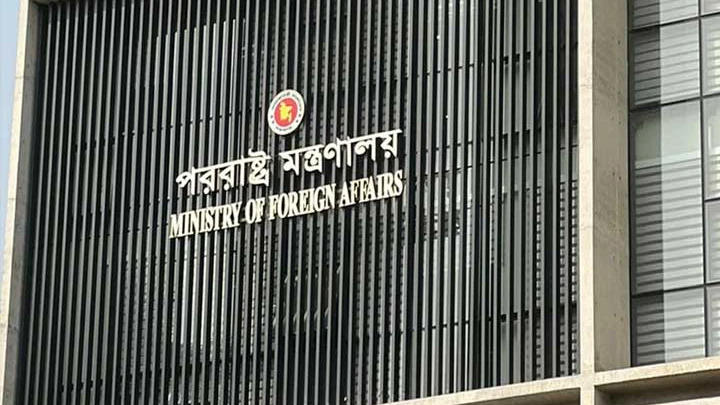World Habitat Day and Bangladesh’s perspective
Commodore Mohammed Nurul Absar, Chairman of Cox's Bazar Development Authority || Shining BD
World Habitat Day, observed annually on the first Monday of October, is a global initiative by the United Nations (UN) that brings attention to the crucial issues of housing and sustainable urban development. This day serves as a poignant reminder that housing is not merely a fundamental human right but also a cornerstone of sustainable and inclusive development. World Habitat day was first established by the UN General Assembly in 1985. It was conceived as a way to promote the idea that every person has the right to safe and adequate housing and to encourage discussions and actions on sustainable urbanization. The choice of the first Monday in October for this observance symbolizes our collective commitment to addressing the pressing global housing challenges. For countries like Bangladesh it's an event to inspire positive change and progress in housing and urban development.
2023 has been a particularly challenging year for urban economies. The threats of "Three C'' signifying the post COVID challenges, Conflict in Ukraine and Climate related disasters may continue to have far reaching implications for world economy. And it is worth mentioning that the growth of the global economy is declining by around 2.5%.
Given the magnitude of the contribution of cities to the national economy, the future of many countries will be determined by the productivity of their urban areas. We need cities that can absorb, recover and prepare for future economic crises.
As such this year the Global Habitat Day is going to be celebrated on the 2nd October with the theme of "Resilient urban economies, cities as drivers of growth and recovery."
This year's theme of World Habitat Day holds particular relevance to Bangladesh, given its status as a densely populated nation experiencing rapid urban population growth. According to the United Nations, the urban population of Bangladesh is expected to reach 60% by 2050.
The World habitat Day is significant for the humanity for the followings-
Promoting Housing as a Human Right: In support of housing as a human right: World Habitat Day serves as a reminder of how important housing is as a basic human right. Not only is adequate and affordable housing a basic need, but it also serves as the basis for one's general well-being, security, and health.
Sustainable Urbanization: In a world where urbanization is growing at a rapid pace, this day emphasizes the importance of inclusive and sustainable urban development. Reducing poverty, inequality, and environmental deterioration requires sustainable cities.
Global Collaboration: World Habitat Day provides a chance for international collaboration and partnership. Communities, NGOs, and governments work together to find innovative solutions to housing-related issues as a result of it.
In view of World Habitat Day 2023, Bangladesh's future vision includes a dynamic plan to enhance housing and urban development. The government is actively involved in ambitious projects like the "Green Cities Initiative," which aims to create environmentally sustainable urban areas that value green spaces, energy efficiency, and lower carbon emissions. Furthermore, measures such as the "Affordable Housing for All" program are underway to guarantee that housing remains available to people of all economic levels.
The government of Bangladesh has launched several initiatives over the years to address these issues such as the "Ashrayan-2" project, which the Prime Minister initiated to help the coastal residents of Cox's Bazar who were left homeless by the cyclone in 1997. Under this project, over 5 lakh homeless and landless families were rehabilitated between 1997 and 2022.
Bangladesh is eager to adopt modern ideas, such as smart city technologies, to improve urban services and livability. Bangladesh is positioned to unlock its potential through international collaboration and inspiration from global exemplars, bringing forward a sustainable urban future, with projects like these leading the way. World Habitat Day is critical in inspiring Bangladesh to forge ahead with the construction of more resilient and inclusive cities for its residents.
Many infrastructure development projects have been undertaken in the country over the last ten years. Bangladesh has allocated a significant budget for ten mega projects to strengthen the communication network and the power and energy sectors in the fiscal year 2019-20. Among the notable mega projects are the Rooppur Nuclear Power Plant in Pabna, the Dhaka Metro Rail project, elevated expressways, the Dhaka Airport expansion project, and the Matarbari Deep Sea Port, the Padma Bridge. In addition to these projects, people in the country's remote areas now have better access to urban and commercial centers. This is not only helping to boost the quality of life, but also trade and most importantly, advancement of small cities into bigger ones.
Cox's Bazar Development Authority (CoxDA) has recently undertaken project for formulating master Plan of Cox's bazar area stretching from Kuakata to Saint Martin's Island (almost 700km2) with a view to make a detailed area planning focusing on the key areas of planned urbanization and socio-economic sustainable development. In order to give appropriate input, with this Master Plan, CoxDA has already formulated its roadmap of work for next 5-6 years. Now, CoxDA is working to prepare Development Project Proposals (Dpp) or Technical Project Proposals (TPP) for almost 30 projects with a proposed budget of 40,000 crore taka. In the high end of those proposals are projects related to- Cable cars, Sea Planes and Circular roads-terminals and the lower end will focus on sustainable urban developments, construction of infrastructure for promoting tourism and facilitating projects will help harnessing the resources of Blue Economy. Lastly, they are also planning to enhance the civic facilities ranging from waste management, sewerage treatment plants, projects that will remove the overuse of ground water and enhancing the facilities for civic amenities.
Keeping both of the themes of SDG and World Habitat Day in mind, Bangladesh government has taken several pragmatic development plans in hand. Not only the marginalized people but people of all societal class are being benefitted from these projects. Currently, several of the rural cities are under the development projects are getting facilitated with urban facilities. Through this, the economic wheel will find a new life which will gradually lead these rural cities to change the face of Bangladesh. In this regard, there are already several development projects ongoing in Cox's bazar and the CoxDA is planning more sustainable projects to propel the development work and push Cox's bazar to a new height. If proper patronage and budget allocation can be ensured, the whole Cox's bazar area, by using tourism and Blue Economy can bring the overall economic resilience of Bangladesh to a new height.
The writer is a retired Commodore of Bangladesh Navy. He is a Security Analyst and Chairman of Cox's Bazar Development Authority
Shining BD

